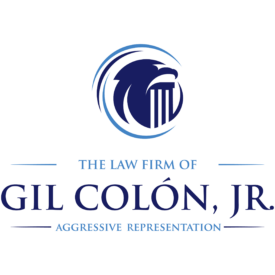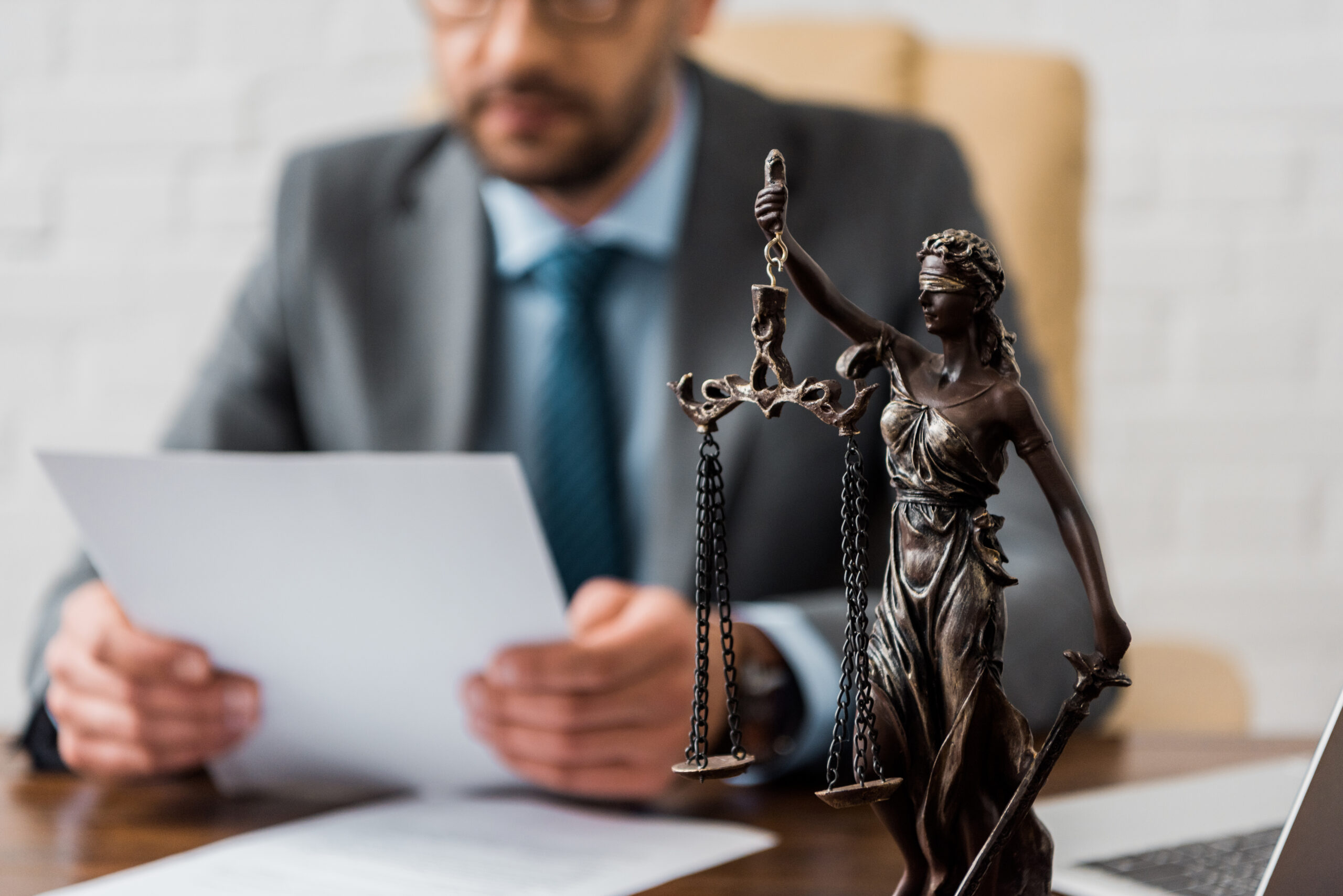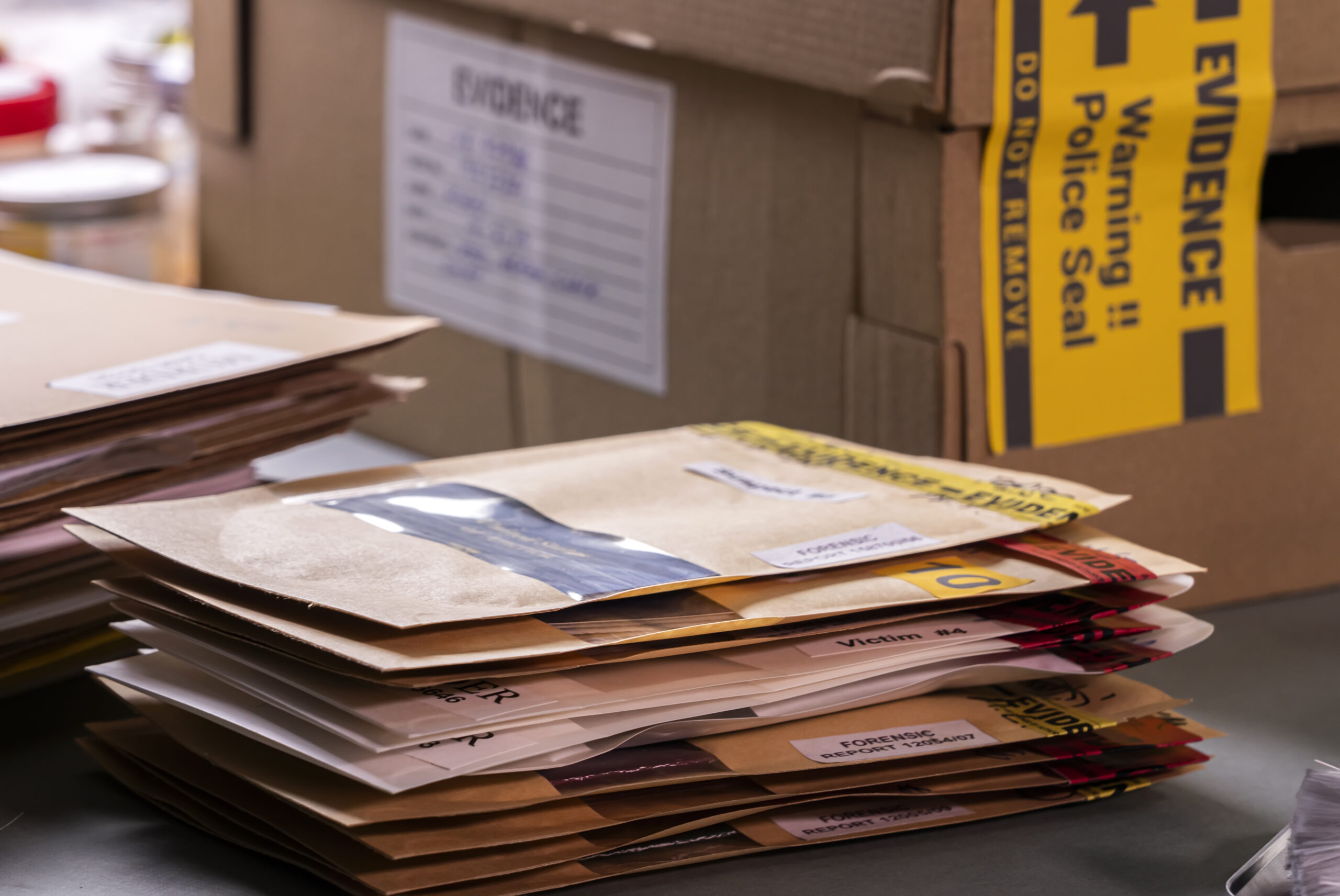Using Social Media as Evidence
Technology has permanently transformed the world and everyone living there in the last few decades. It affects all aspects of our lives, both personal and professional. It is unsurprising, then, that the rise in popularity of social media has had unexpected consequences in the legal field. Many Americans have come to ask: Can social media be used as evidence? If so, how effective can it be?
The simple answer is yes; in recent years, social media outlets have become a valuable resource for information regarding many cases. Types of social media used in court can vary, but they usually include platforms like Facebook, Instagram, TikTok, and Twitter. Social media can sometimes be a deciding component in acquiring exculpatory evidence. Posts, photos, or videos contradicting the prosecution’s narrative can be critical. For instance, a Facebook post timestamped hours before a crime might show a defendant engaged in a location far from the crime scene, providing an alibi. Similarly, Instagram stories or Snapchat videos capture evidence of an individual’s whereabouts or state of mind at a crucial time.
If you still have doubts regarding the legality of social media in court, you’re not alone. Integrating social media and technology into the legal field completely will take a long time and is currently a nuanced subject. The best way to get more information on social media being used as evidence is to talk to a skilled attorney. At The Law Firm of Gil Colón, Jr., we have attorneys with years of experience who know this topic in detail. To schedule a free consultation, call 863-622-9602 and talk to us today.
Common Practices for Social Media
Knowing that social media can significantly impact a case unfolding, we must discuss healthy social media habits. A preventative approach involves monitoring the defendant’s social media activity and managing their online presence. The defendant benefits from knowing the potential repercussions of their social media behavior and the importance of avoiding posts or interactions that could be construed as damaging. A solid defense strategy commonly employed is social media to gather information about the prosecution’s witnesses or the case’s circumstances. Some people’s social media accounts provide critical information about a witness’s credibility, potential biases, or relationships that might affect their testimony. Analyzing social media trends and communications might also reveal new leads or angles for the defense. Another facet to consider is seeking the help of digital forensic experts. Engaging with digital forensic experts specializing in social media may be beneficial in complex cases. These experts can assist in analyzing and interpreting digital evidence, ensuring the information is presented accurately and without tampering in court. Their insight could be invaluable in addressing issues related to digital authenticity and the potential for digital manipulation. For more information on safely using social media, visit The United States Department of Homeland Security’s official website to read more about the topic.
Considerations Using Social Media In A Case
As mentioned, the technology and social media legislature must still be incorporated into the legal framework. This varies from state to state and develops more every year. In Florida alone, the legislation has changed and continues to do so steadily. These laws can affect how social media can be used and classified as evidence. One of the main challenges is balancing the need for evidence with respect for privacy and ethical considerations. One must be cautious not to infringe on privacy rights or engage in unethical practices such as unauthorized access to private accounts. This might sound obvious, but social media evidence must align with legal standards to avoid potential violations of the defendant’s rights. Without proper knowledge, using social media as evidence could have unintended consequences and negatively impact the defendant’s (or whoever misuses information acquired through social media) outcome in the case. This is why many people seek an attorney’s help to clarify doubts about the topic.
Another increasingly frequent concern is jurors’ exposure to social media content related to a case. Juror access to information outside the courtroom could influence their perceptions and verdicts. This means it could create unintentional biases and conclusions based on misinformation. Defendants must be prepared to address issues related to juror exposure, including potential motions for mistrials or instructions to jurors about avoiding social media content related to the case.
Looking For Additional Information?
Social media and technology playing a pivotal rule in court is still a relatively new phenomenon. It can be easy to get confused about a topic with so much changing from state to state. Another factor is the frequent changes made to the legislature concerning the topic, which makes it challenging to keep up with all the adjustments. It can be stressful to navigate this legal territory alone. If you think you have a case that can be influenced by social media content, the best course of action is to discuss it with a professional.
At The Law Firm of Gil Colón, Jr., we want to hear your case and get you the help you deserve. Our lawyers have the tools to help you form a strong defense while helping you understand the nuances along the way. Call today at 863-622-9602 to schedule a free consultation, or visit our website.






